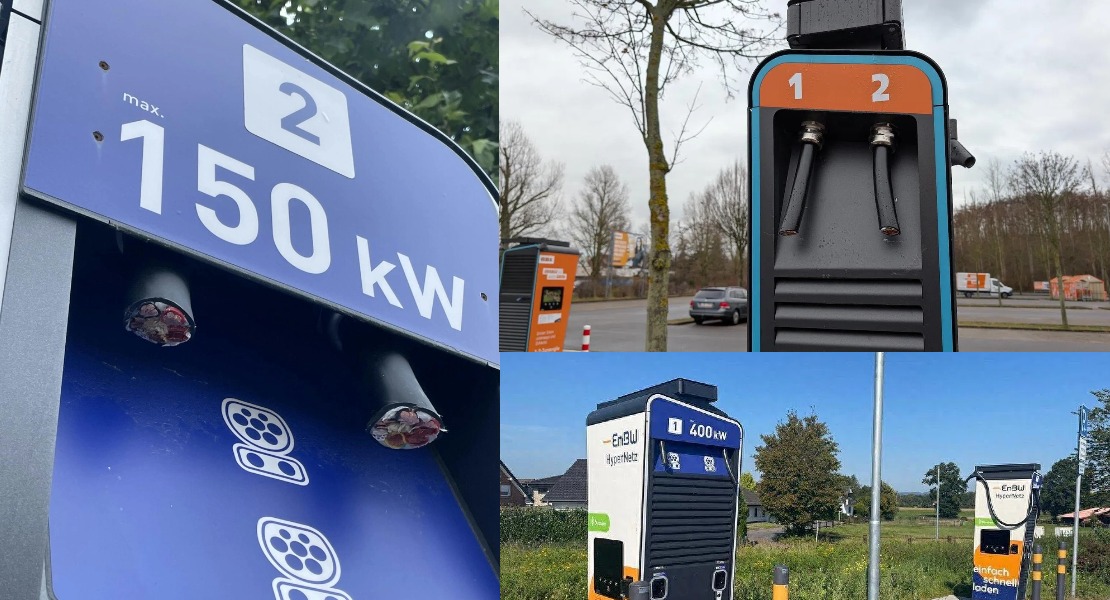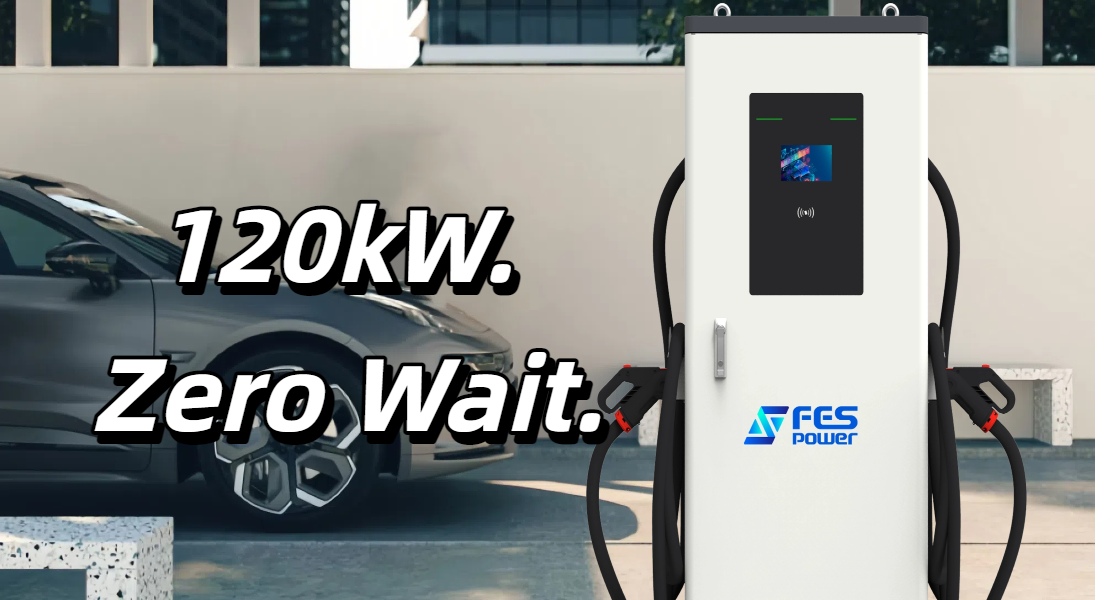The global EV charging industry is evolving rapidly. While infrastructure is expanding, new challenges and opportunities are emerging. From EV charging challenges such as theft and safety issues to cutting-edge technologies like wireless charging, the conversation around charging stations has never been more active.

⁉️Why Are EV Charging Cables Being Stolen in Europe?
In recent months, Germany has reported a surge in EV cable theft, with an estimated 70 public charging points being stripped every day. Thieves target the copper inside, leaving stations offline for up to two weeks. For drivers, this means more downtime and inconvenience, while operators face rising repair costs.
To prevent interruptions, fleet operators and businesses are looking for flexible charging alternatives. Our 46–60kW mobile power stations and 3.5–7kW portable chargers offer a secure and mobile solution, ensuring reliable charging even when public stations are out of service.

🖥️Could Wireless Charging Redefine EV Convenience?
Automakers like Porsche are now investing in wireless EV charging, where drivers simply park over a charging pad and the vehicle begins charging at up to 11kW—no cables required. This innovation promises seamless convenience, particularly for home and workplace charging.
While large-scale wireless networks are still in development, businesses and fleets can already achieve high efficiency with our 7–22kW wall-mounted chargers for overnight depot charging or 120–160kW DC fast chargers for quick turnarounds. Both integrate seamlessly with smart charging systems for optimal cost control.
🌸Do Fast Charging Stations Pose Health and Environmental Risks?
Recent research from UCLA suggests that DC fast charging risks may include higher particulate levels around certain stations, exceeding WHO guidelines. While EVs themselves are zero-emission, brake and tire dust stirred up by cooling fans can impact local air quality.
For companies seeking cleaner, controlled charging environments, our 150–480kW solar + storage ultra-fast chargers not only provide sustainable high-power charging but also integrate with renewable energy, reducing reliance on traditional grid infrastructure and minimizing environmental impact.

🛜How Are Cities Expanding Charging Access for Residents Without Driveways?
One of the biggest EV charging challenges is the lack of home charging for people without private driveways. In response, cities like Sydney are installing hundreds of kerbside EV charging stations (7–22kW) to serve urban residents.
For property developers, municipalities, and fleet operators, our wallbox AC chargers and mobile charging stations provide scalable solutions that can be deployed in parking lots, residential areas, or shared facilities—helping cities and businesses support wider EV adoption.
🛡️What Do These Trends Mean for the Future of EV Charging?
The latest developments reveal a sector facing both risks and opportunities. From EV cable theft and DC fast charging risks to promising solutions like wireless EV charging and kerbside EV charging, the industry is undergoing rapid transformation.
At FES Power, we are committed to supporting this transition with innovative products: from portable chargers to ultra-fast charging hubs that combine storage and renewables. By offering flexible fleet charging solutions, we help businesses reduce costs, improve uptime, and scale sustainably.
👉 Explore our full range of products at www.fescharging.com and discover how we can power your EV future.